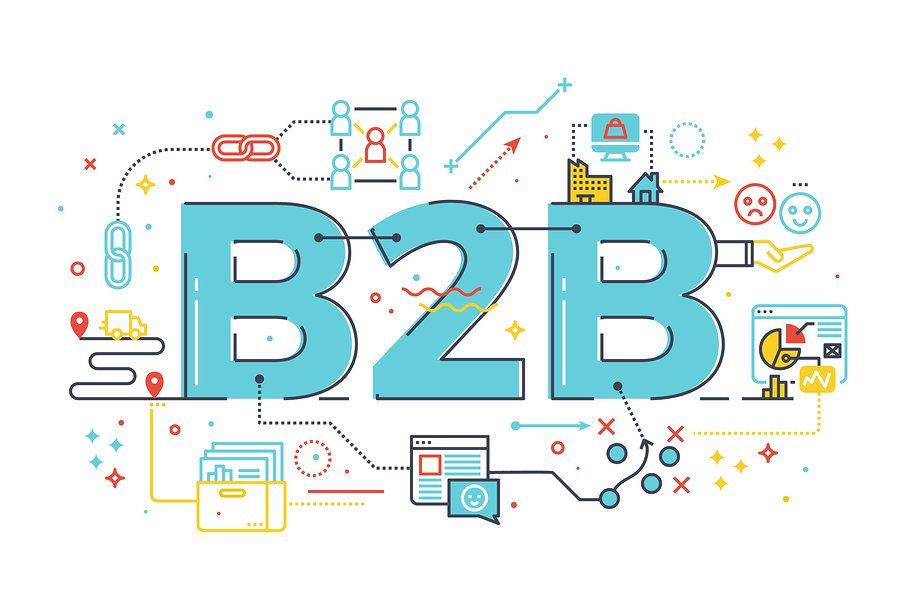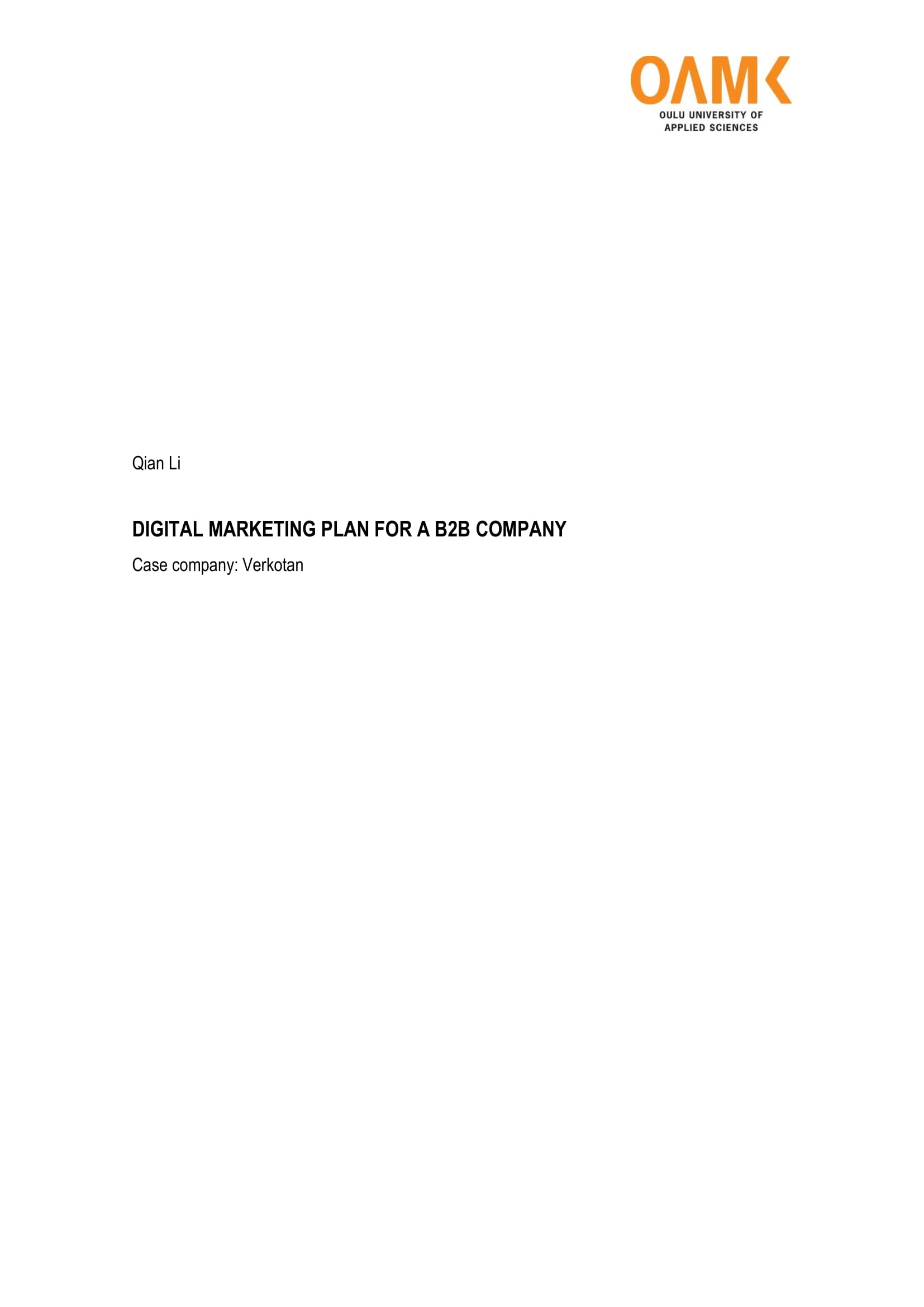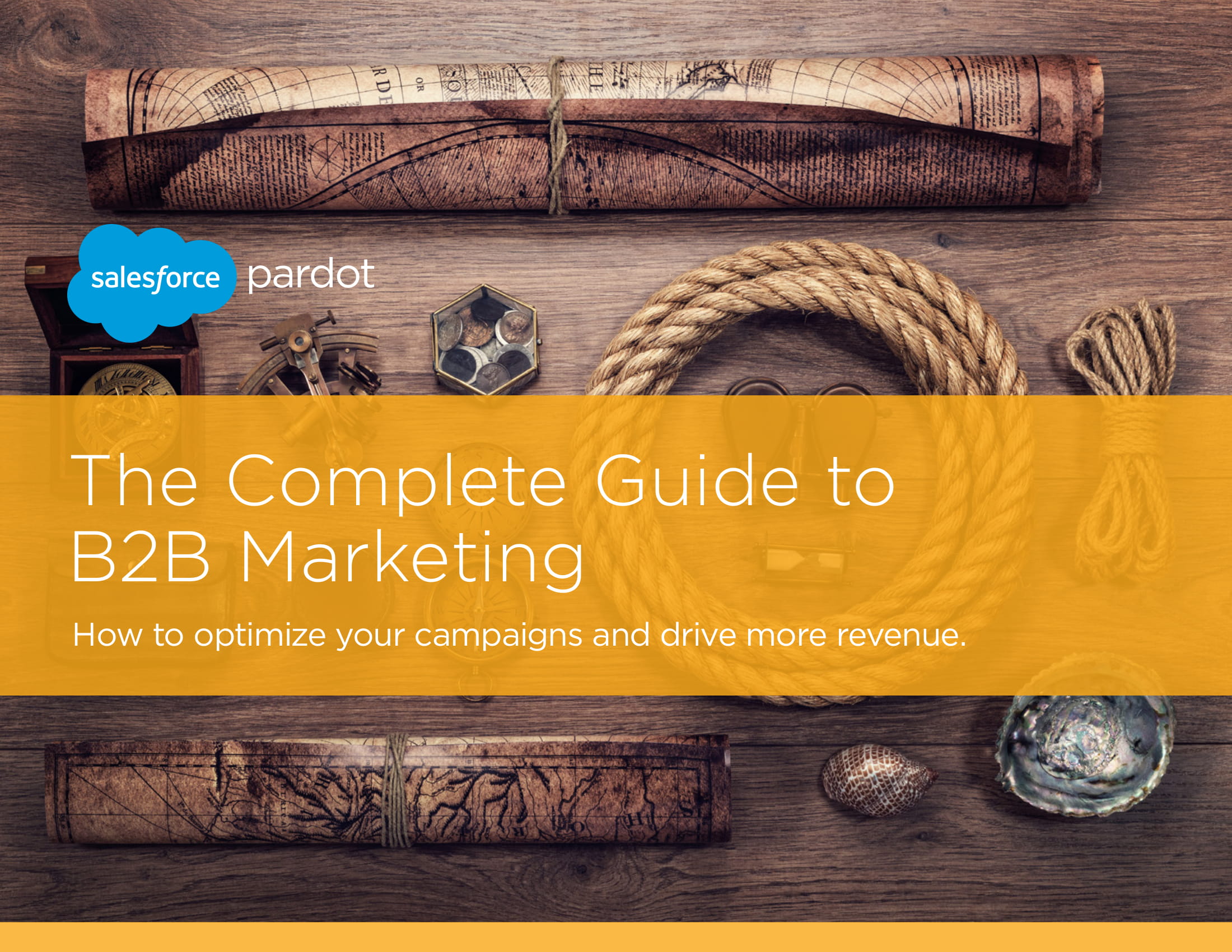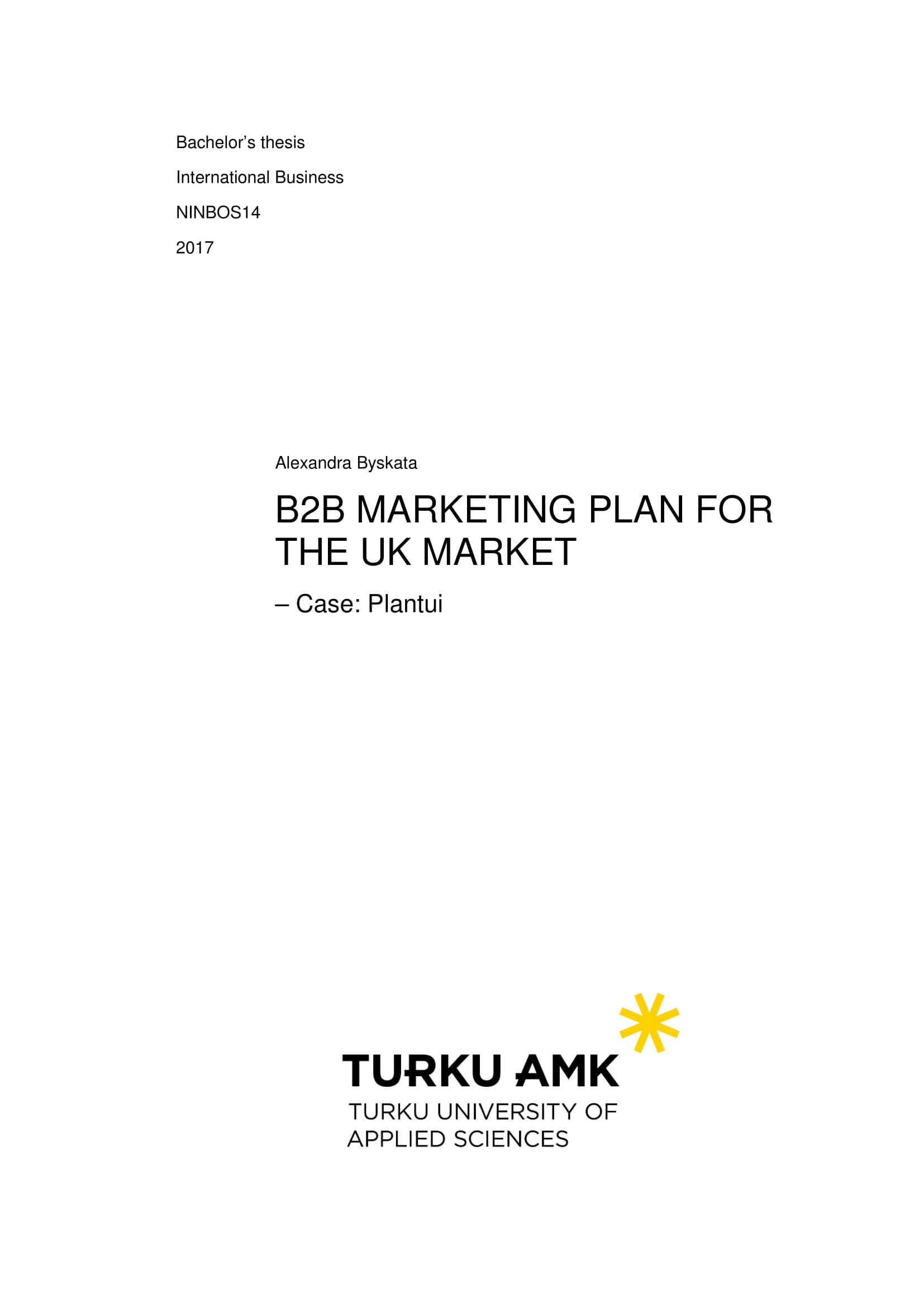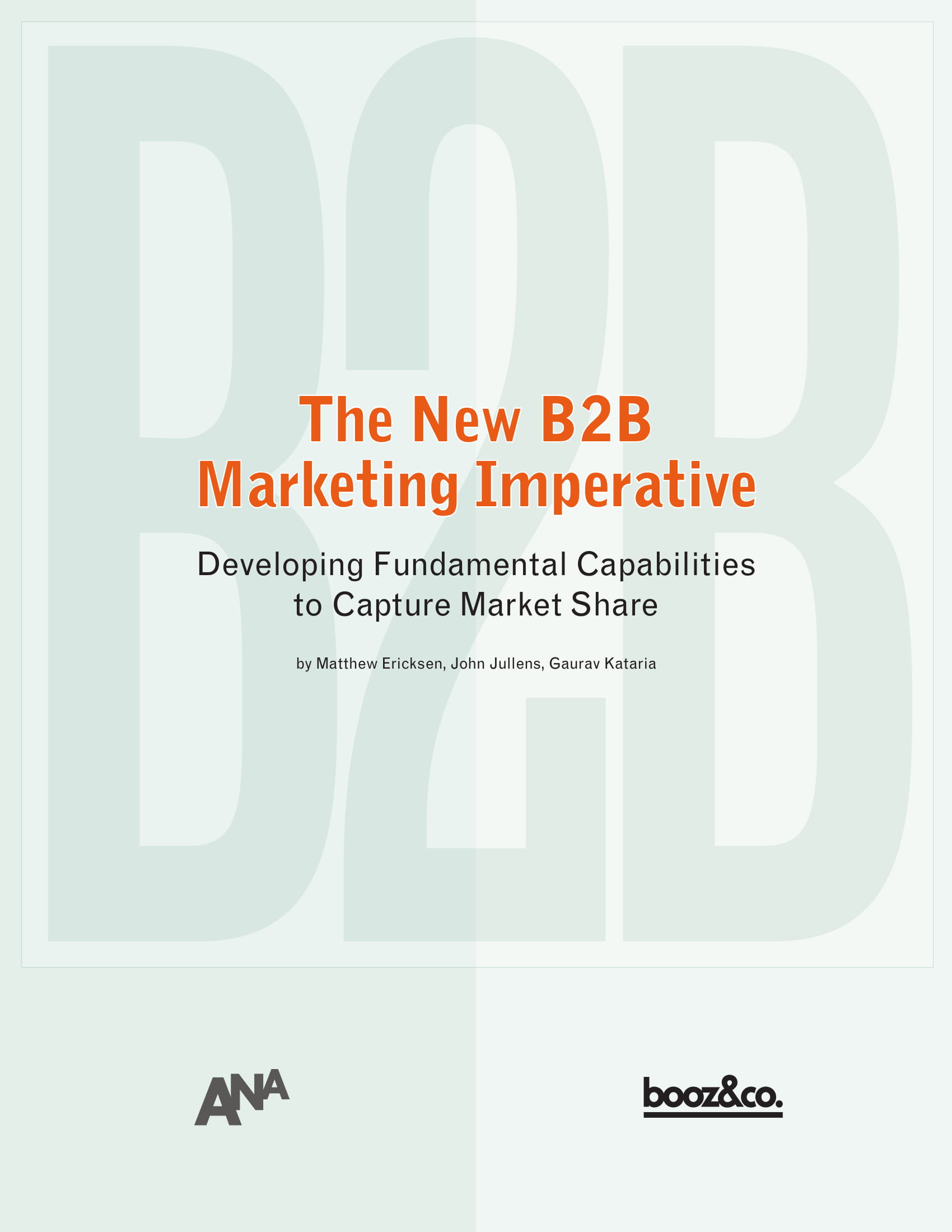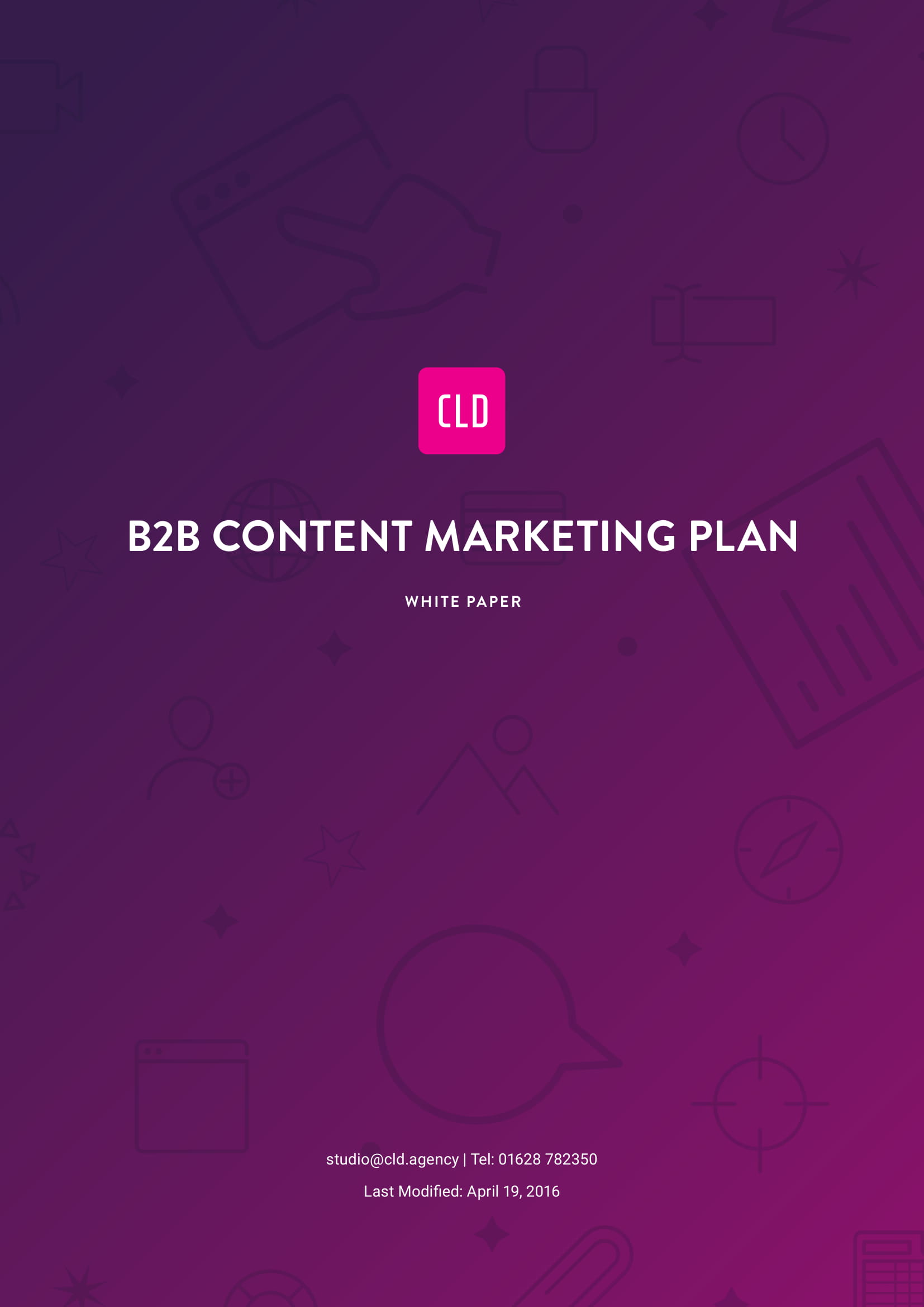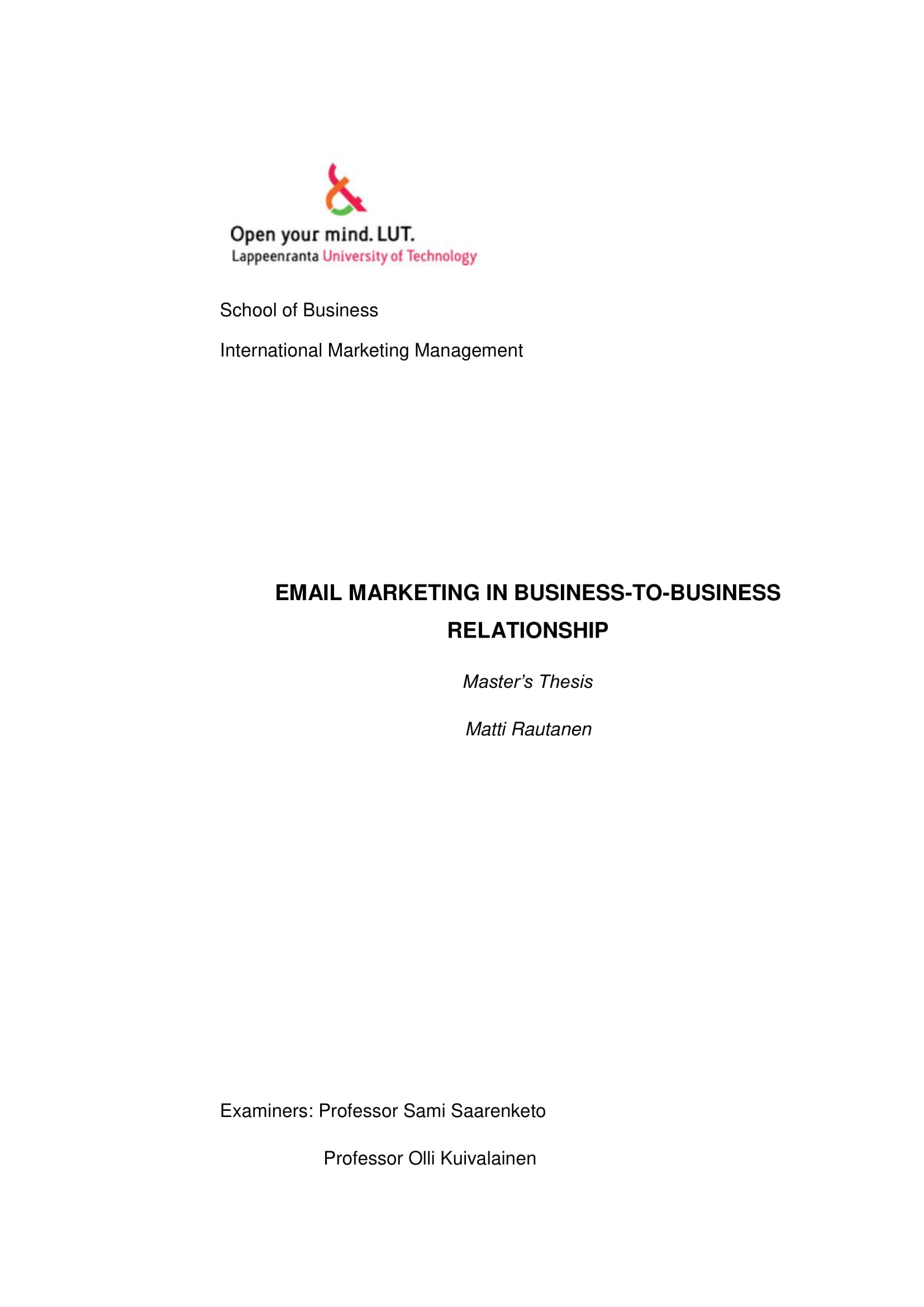9+ B2B Marketing Plan Examples to Download
As a company or organization that produces products and/or services, you need to make sure you can sell your products and/or services even to other businesses. Other business, be it form the same or different industry, will need materials, equipment, products, and services from other businesses in order to effectively produce their own products and/or services. This is where the term B2B transactions came form, which literally means business-to-business transactions, from one company or organization to another.
9+ B2B Marketing Plan Examples
B2B Marketing Plan Template
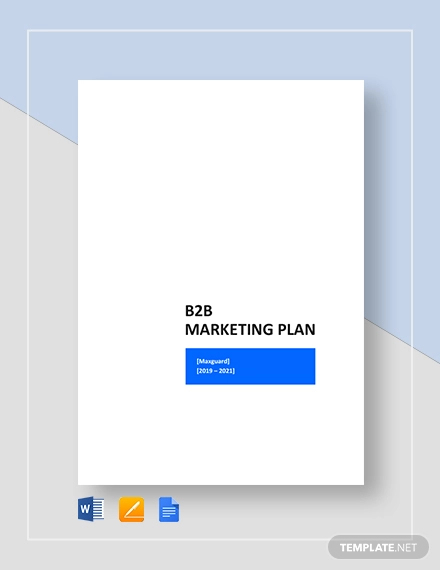
B2B-focused businesses only prioritize other businesses as their primary customers. The products and/or services that they produce are generally tailored to the needs of other services, although they can still be available to the general market one way or another. With this in mind, you may think that it will be easier for these types of businesses since they have a smaller market; however, this small market is shared with quite a few number of competitors which makes it harder for them. Thus, B2B marketing is a necessity; as marketing goes, it makes these businesses appealing and sellable to the other businesses that they would like as primary customers.

B2B Digital Marketing Plan Example
Complete Guide to B2B Marketing Example
B2B Marketing Plan for UK Market Example
New B2B Marketing Imperative Example
B2B Content Marketing Plan Example
B2B Email Marketing Example
7 Steps to Plan B2B Content Marketing Strategy Example
B2B Marketing Plan for Micro Design Company Example
What Is B2B Marketing?
B2B marketing generally involves the marketing and sale of one company’s product or service to another company. It is about meeting the needs of other business through the products and/or services by another, although the needs by these businesses are likely to be driven by the needs of consumers on their homes. As you may know, businesses also need materials or equipment in order to fulfill the needs of their consumer. This is where B2B companies or organizations comes in; they provide what these other companies or organizations need.
In addition to B2B marketing, it also refers to the techniques, strategies, and best practices used by companies with products and services sold to other businesses. B2B marketing initiative usually consider executives and their decisions with regards to single purchases; therefore, the campaigns for B2B marketing must address multiple audiences within the same enterprise. In addition, these campaigns must generally cater and aim for long transaction periods.
Although B2B marketing generally follows the principles in B2C (business-to-consumer) marketing, it is executed in a more unique way. Consumers make purchasing decisions based on price, popularity, status, and other emotional triggers. On the other hand, B2B buyers make decisions on price and profit potential alone. Therefore, this type of marketing is generally used by companies that produce materials or services that the basic consumer has no use for, just like steel.
In conclusion, B2B marketing involves the presentation and sale of the products and/or services by businesses to other businesses. Although it may be driven by consumer needs and follows the same principles like that of B2C marketing, it focuses on the needs of production companies.
Consumers of B2B Marketing
As you may know, in B2B the transaction/s are between one business to another. However, B2B marketers focus on more than just that, they generally focus on four large categories:
- Companies that use their products, like construction companies who buy sheets of steel to use in buildings
- Government agencies, the single largest target and consumer of B2B marketing
- Institutions like hospitals and schools
- Companies that turn around and resell the goods to consumers, like brokers and wholesalers
Since the market of B2B is wide, it is important for B2B marketers to understand their clients’ needs before implementing any marketing or advertising tactic. There is a huge chance for B2B marketers to dissociate their company or organization from their primary target if they do not pay close attention attention to their needs before tailoring their services to those needs.
How to Create B2B Marketing Plan
Since the B2B market is wide, it also equals to having a lot of competition. Therefore, it is important to devise a concrete plan to help employ effective strategies that can help market the products or services of B2B companies or organizations. With that in mind, here is a general guide in developing B2B marketing plan:
1. Determine the business goals
Before you even start out your B2B marketing plan, you need to be able to determine and establish your 1–3 years business goals. After establishing the business goals for your company or organization, you can then dive into understanding your products/services, key differentiators, target audience groups, target markets, and competitive landscape. The business goal will be the basis of your B2B marketing plan and strategies since those are the goals you want to achieve. The marketing initiative will revolve around the effort to try to achieve those goals.
2. Develop marketing strategy
In this part of the process, the marketing goals are identified and defined. These may be penetrating a new market, growing leadership position in an existing market, or generating brand awareness among a specific audience. The marketing goal you define will be the primary focus of the marketing initiatives you employ; this will also be where your marketing plan will be tailored to. In addition to your marketing goals, you can also identify your major foundation goals such as moving to an inbound marketing model, establishing a lead scoring model, or implementing marketing automation.
Since you have your goals set, you can begin creating your marketing campaign plans to get you to those goals. Marketing campaigns are integrated sets of activities coordinated closely to achieve a common goal. It is common for campaigns to focus on industry, audience type, partnership, or major product/service initiative.
3. Prioritize inbound and outbound marketing activities
It is very important to establish an appealing and effective content in order to have a successful marketing campaign. It is important that you identify your key content needs in order to support the campaign objectives. In addition to that, you also need to identify and determine the content themes targeted to your buyer personas so that you can have a more tailored and specific content that is easily understandable to your target as well as other potential customers. You have to remember to identify and prioritize marketing activities designed to attract, engage, and convert your audiences through a variety of inbound and outbound channels, such as Web landing pages, white papers, case studies, demos, info-graphics, and video.
4. Turn strategy into action
After all of what has been discussed above, it is now time to turn all of your identified and determined strategies to turn into measurable actions. In this point of the entire process, campaign plans are mapped out in a budget-based, 12-month activity plan. The plan outlines the activities needed to be done in order to achieve all the goals you have already set; the plan should outline the monthly activities. It is intended to be a living document or a document that is continuously changed, updated, and edited. The plan should also include internal staff and external resources needed to execute the activity plan and measure results, and the responsibilities of each.
Tips in Making an Effective B2B Marketing Plan
To help you make an effective B2B marketing plan, here are some useful tips you can use as guide as you go into the tedious process that is creating a B2B marketing plan:
- Get to know your audience.
- Get personal with your prospects.
- Set your goals and milestones.
- Impress your prospects online.
- Invest in video campaigns.
- Make time to attend industry events.
- Cold outreach is dead; adding value creates long-term relationships with prospects.
- Take a chance with inbound marketing via content marketing, social media marketing, and SEO.
Difference between B2B and B2C Marketing
It has been mentioned earlier that these two have some things similar between them. They both follow the same basic principles of satisfying the needs of their respective consumers, however, they have quite a few differences as well. With that in mind, listed below are the differences between B2B and B2C marketing:
B2B Marketing
- Relationship driven
- Maximize the value of the relationship
- Small, focused target market
- Multi-step buying process, longer sales cycle
- Brand identity created on personal relationship
- Educational and awareness building activities
- Rational buying decision based on business value
B2C Marketing
- Product driven
- Maximize the value of the transaction
- Large target market
- Single step buying process, shorter sales cycle
- Brand identity created through repetition and imagery
- Merchandising and point of purchase activities
- Emotional buying decision based on status, desire, or price
We hope you were able to learn something about B2B marketing as well as how to create an effective B2B marketing plan with this guide. The given examples can be downloaded for your sources of information and inspiration.


